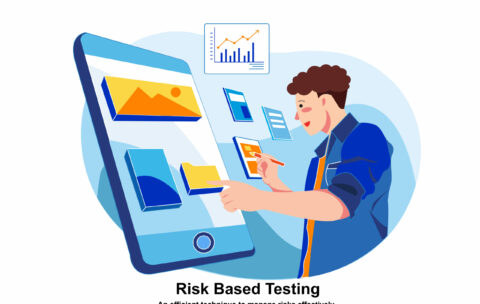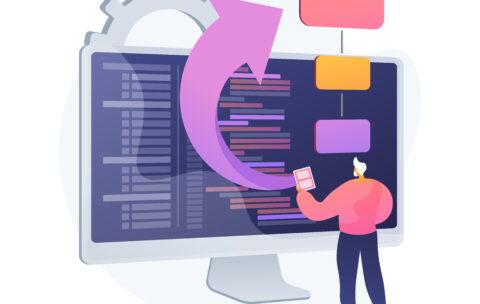All Levels
Risk-based Testing
This course teaches you about the approach of risk-based testing …
£39.00
Risk-based Testing
What you'll learn
To understand the key concepts of risk-based testing and its importance in software development.
To be able to identify, assess, and prioritize risks in software development projects.
To use risk analysis techniques to determine the potential impact of defects and inform testing decisions.
To develop and implement a risk-based testing strategy that considers the identified risks.
To plan and execute risk-based tests effectively, ensuring the most critical aspects of the software are thoroughly tested.
To report and track risk-based testing results and make data-driven decisions about risk mitigation and future testing efforts.
Integration Testing
What you'll learn
Acquire a thorough understanding of the integration process and its procedures.
Master the ability to design, implement, and evaluate integration solutions for different types of software applications.
Gain practical experience using integration tools and methods, including automation.
Develop skills in identifying and fixing defects in integration solutions.
Learn best practices for integrating various types of software applications, such as web applications, mobile applications, and desktop applications.
Improve knowledge of integration testing, as well as debugging and troubleshooting techniques.
Enhance the efficiency of the integration process and ensure software quality.
All Levels
Mobile Application Testing Basic
This course covers mobile application testing fundamentals, types of mobile …
Free
Mobile Application Testing Basic
What you'll learn
Understanding the basics of mobile application testing, including testing types, testing phases, and testing approaches.
Understanding the difference between mobile testing and testing traditional software applications.
Understanding the complexities involved in mobile application testing, such as various device types, screen sizes, resolutions, and operating system versions.
Developing test plans and strategies for mobile applications that align with user requirements and specifications.
Designing and executing manual and automated test cases for mobile applications, including functional, performance, and security testing.
Learning various tools and techniques used in mobile testing, such as emulators, simulators, and real devices.
Understanding how to test mobile applications across different platforms and device types.
Understand SDLC and STLC in the Mobile world
Understand Mobile application testing manually





